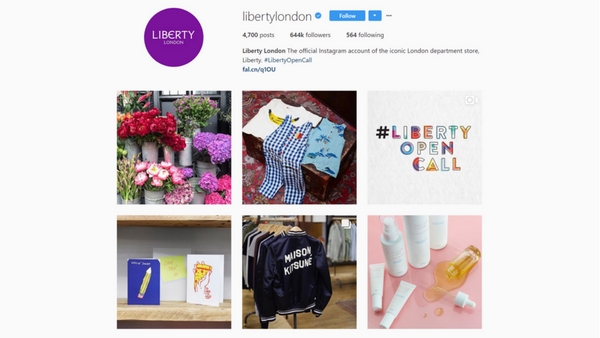Your social media presence is an extension of your business and should encapsulate your values. This means you need a strategy.
Put simply, a social media strategy brings together every reason for what you do on social media. It all needs a purpose. From liking posts to messaging customers and posting editorial content, each action should fit into your wider marketing plan.
Read more: 8 Ways to Develop an Authentic Brand Story in a Competitive Market
Purpose of Social Media
Social media remains one of the most accessible and cost-effective ways of reaching prospects and building relationships to drive conversion. Platforms have been created in easy-to-consume, engaging and creative formats. The ways in which brands and businesses utilise these opportunities depend greatly on their target audience and overall goals.
Using Social Media for Business
Businesses using social media should look further than followers, retweets and likes. Maximise ROI by delving into metrics like web referrals, lead generations and conversion rates. These matter most when it comes to money in versus effort spent. Setting up methods to measure the success of your social media efforts is crucial to tracking your progress.
Companies Using Social Media
What makes social media so powerful is that it can be utilised by businesses across all sectors and industries. There are a number of companies using social media in original and highly creative ways. Here we have highlighted Liberty London as a benchmark. Draw inspiration from other high-achieving competitors in your field to improve your social presence.
 Creative social media marketing by Liberty London
Creative social media marketing by Liberty London
Creating Engaging Content for Social Media
1. Your social content should be consistently ‘on brand’
This means using the same colours, typefaces and styles of photography on social and across every other brand touchpoint. There are a few key tools we use to do this:
2. Your social content should be regular and optimised
Social media scheduling helps to keep your social presence manageable. Think about how often you want to post per day/week/month. What is manageable for your resource and tolerable by your audience? Adding the right hashtags is also essential.
3. Your social content should be platform specific
Instagram is well suited for B2C visual assets and ‘behind-the-scenes’ or aspirational lifestyle content, whilst LinkedIn works well for B2B. Think about which platforms are used by your target audience and the type of content that will be most effective on them. Visual assets should also be customised to the pixel dimensions of each platform’s post template.
Read more: 14 Content Types to Inspire Your Content Marketing Plan
Effective Use of Social Media
The key to effective use of social media is integrating it with your overall marketing goals. Think about social media as an extension of your business. An interactive shop window where customers can interact with your brand – live it and own it.
Read more: 6 Steps to Develop an Effective Brand Language
If you need support to develop your social media strategy or manage your social platforms, then please get in touch.







0 Comments